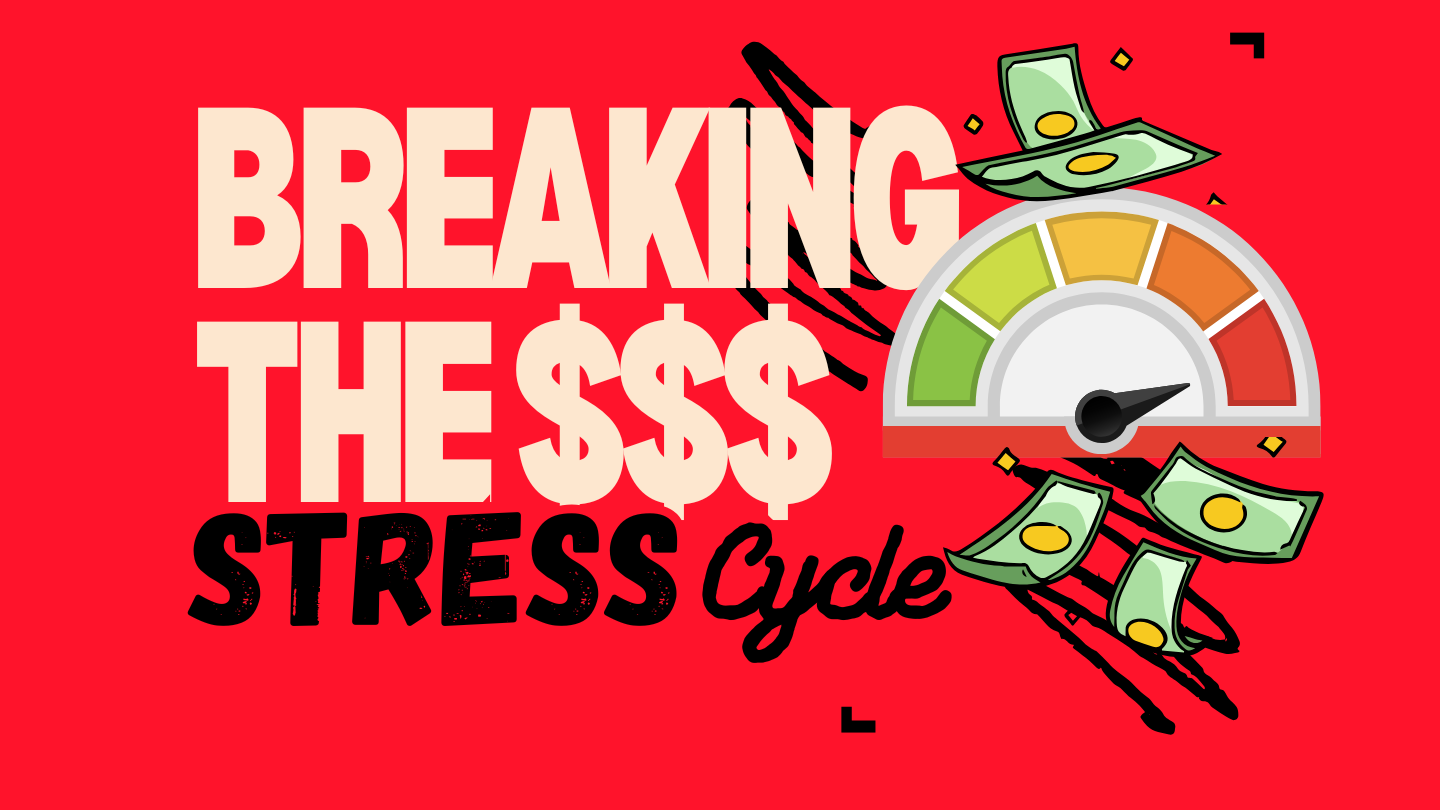Finances are tough right now, aren’t they? Bread costs rise, bills pile up, and the stress can feel like it’s closing in. I know that tension well because I’ve walked it with my family, and I’ve seen how chaos can creep in when our money feels out of control. The first step toward real change is acknowledging the pressure and choosing to respond with a plan.
This series of posts isn’t about a magical overnight fix but about making a plan that sticks. We’re talking about real, practical steps that line up with who God calls us to be. The big idea is simple: your heart has to change before your wallet does. Your biggest enemy—and sometimes your biggest ally—is looking back at you in the mirror.
When we invite God into our money, He can transform our motives and our methods.
If you want one line that captures the whole thought, here it is: make your money follow your mission and not your mood. When our spending reflects the life God is leading us toward, not the quick impulse of the moment, we gain freedom we didn’t think possible. That shift is not about perfection but about directing our resources toward what truly matters.
“Make your money follow your mission and not your mood.”
Proverbs 21:5 gives us a compass: good planning and hard work lead to prosperity, but hasty shortcuts lead to poverty. It’s not a guarantee, but it’s a pattern you can depend on. And yes, the lure of instant fixes is loud—yet the wiser path is steady planning. If we’re honest, most of us have chased shortcuts before. Let’s choose the slower, wiser road that actually works in the long run.
Budgeting isn’t about deprivation; it’s about freedom. It’s a tool that helps you steward what God has given you so you can do what He’s calling you to do. It doesn’t have to be rigid or grim; it can be flexible enough to fit real life while still keeping you on course. The key is to start where you are and be honest about where your money goes.
If you’ve never tracked your spending, start with one month. Write down every transaction, every amount, and the reason you spent it. It’s not about shaming yourself; it’s about seeing reality clearly so you can plan better. Small, daily decisions add up, and the truth comes when you face the picture honestly. And yes, you’ll probably find things to trim—like those extra streaming services you don’t actually use. When you chart it month by month, you’ll notice patterns: income, expenses, and where debt starts to creep in. That clarity alone can change how you live.
This is where the practical habits come in. A simple, timeless approach is the 60/20/10/10 rule: 60% goes to necessities, 20% to savings or debt repayment, 10% to enjoyment, and 10% to God. If extra money comes in, it doesn’t automatically become more spending; it’s a chance to strengthen savings, deepen generosity, and honour God. Another good rule of thumb to remember is that if you can’t afford something twice, you probably can’t afford it at all. The plan reveals whether your choices are truly affordable or just chasing a momentary thrill.
A foundational habit many of us overlook is paying ourselves first—setting aside a portion for savings (and for God) before anything else. It sounds counterintuitive, but it’s a life-giving discipline. When you remove money from the front end of the paycheck, you force life to adapt, and you discover you can live well on less than you thought. This principle, rooted in practical wisdom, becomes a spiritual exercise as you trust God with the rest.
As you begin to apply these ideas, you’ll discover a deeper truth: stewardship is both practical and sacred. It’s not just about keeping debt at bay; it’s about shaping your life around the love of God and the mission He’s given you. When you align your spending with your purpose, you may feel some discomfort at first—but you’ll also experience a growing sense of peace and freedom as you see progress toward the goals God places on your heart.. This sense will grow as you pray over your plan and adjust with wisdom.
Next steps I’m asking you to take this week:
Commit to tracking every dollar for the next month and invite God to realign your heart with your habits. If you’re not a fan of budgeting, start with this: track and reflect, then let the numbers guide your next move.
Memorize Proverbs 21:5: Good planning and hard work lead to prosperity, but hasty shortcuts lead to poverty. Put it somewhere you’ll see daily, like the fridge or a bathroom mirror, to remind you of the path you’re choosing.
When you’re ready, consider how you want to handle debt and far-out plans. We’ll dive into that next week, but today, let the plan start with what you know you can do now.
If you’re ready to take a step toward faith as well as finance, I’d love the chance to connect with you. Jesus meets us in the moments where money and life feel most tangled, offering a different way forward. The invitation stands for anyone who wants to trust Him with their whole life.
This post isn’t just about money. It’s about living with purpose under the lordship of Christ. When we invite Him into our finances, He meets us with peace, wisdom, and courage to choose plans that honour Him and bless others.


